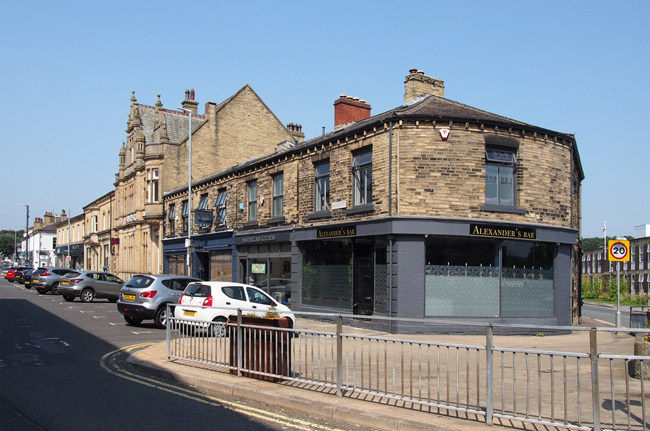Political leaders in the North of England remain hamstrung in their attempts to improve transport and cut carbon emissions as they lack the powers and funding, a new report has argued.
IPPR North said this year’s State of the North report ‘highlights the gap between promises and reality on levelling up’.
The report cites the recent Integrated Rail Plan, which scaled back previous promises on the HS2 eastern leg and NPR, as ‘highlighting the government’s tendency to overpromise and underdeliver on levelling up’.
It argues that a clear devolution framework is essential to achieve ‘a real power shift’, and should be at the heart of the forthcoming levelling up white paper.
‘To this end, such a framework should commit to letting go of power in the long term, with actions taken to devolve real power around public spending, transport and future investment during this Parliament.’
The paper does acknowledge ‘some positives’, such as the city region sustainable transport settlements, which allocated £5.7bn to eight metro mayors to invest in local transport networks using local plans. It argues: ‘In some ways, this is devolved – although it required metro mayors to enter bids, thereby reiterating the top-down, competitive nature of funding allocations.’

Brighouse in West Yorkshire
It points to the Government’s Ten Point Plan and Net Zero Strategy, which could mobilise £26bn of government capital investment for the transition to net zero transition and create hundreds of thousands of ‘green jobs’ in the North.
It argues that while this is in progress, there are contradictory actions and it is unclear how the transport decarbonisation strategy will be implemented in the light of ‘broken promises around transport infrastructure’.
The paper says the North faces a significant challenge in reducing its carbon, with CO2 emissions considerably higher than other parts of the UK, partly due to the significant concentration of carbon-intensive industry in the region but with many emissions coming from day-to-day activities including transport and travel.
It argues: ‘Repeated underinvestment in initiatives to increase the energy efficiency of homes, decarbonise industry activity or provide credible public transport options like Northern Powerhouse Rail all contribute to the North’s high levels of emissions.’
The authors point to previous research showing that the North received £515 less per person in transport spending over the last decade than London, which is reflected in worse public transport options and greater car use.
In the absence of promised investment on Northern Powerhouse Rail and with only £40bn in new investment for both the North and Midlands, the report says the IRP will deliver ‘slim economic and environmental benefits’, leaving the North to tackle the climate crisis on an uneven footing compared to regions that have had better transport infrastructure investment.
Among three key pillars required to achieve a ‘profound shift of vision’, the report calls for devolution to be deepened financially and institutionally, by giving local places fiscal powers within a ‘fair funding framework’ and passing ‘real powers’ on areas such as transport.
It says the UK should aim for 50% of capital investment and spending on economic affairs to be spent at the sub-national level, adding: ‘Whitehall can and should invest in transformational change, enabling investment to deliver on strategic and locally or regionally supported long-term plans – such as the full extent of Northern Powerhouse Rail – by working with local and regional partners.’
Register now for full access
Register just once to get unrestricted, real-time coverage of the issues and challenges facing UK transport and highways engineers.
Full website content includes the latest news, exclusive commentary from leading industry figures and detailed topical analysis of the highways, transportation, environment and place-shaping sectors.
Use the link below to register your details for full, free access.
Already a registered? Login